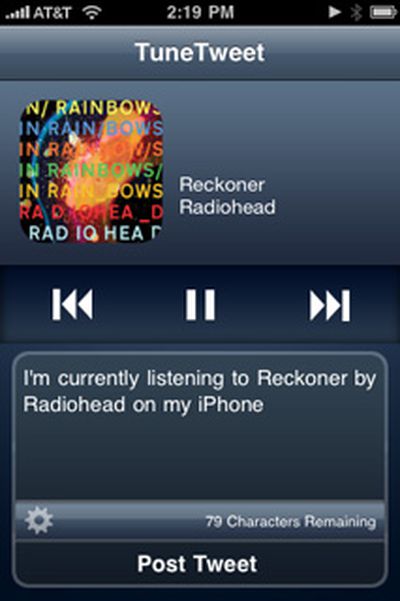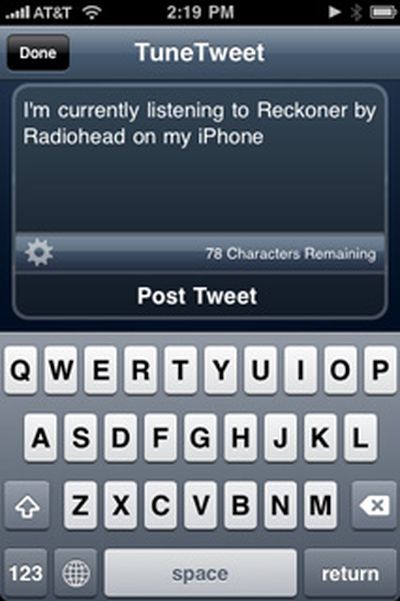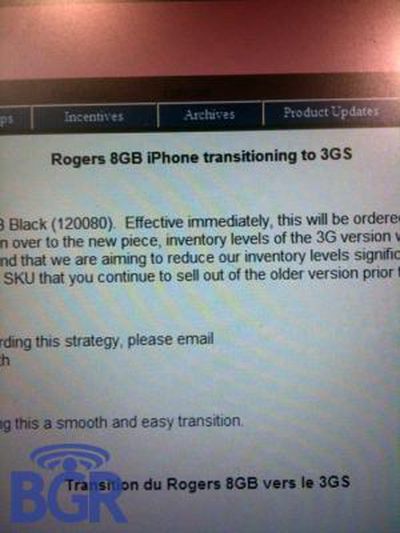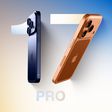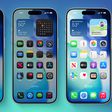Yesterday, we reported on Daring Fireball's coverage of Apple's lengthy approval process for the Ninjawords Dictionary iPhone application that ultimately resulted in the application not only receiving a "17+" age rating but also having removed a number of "objectionable" words, including some with non-objectionable definitions, from the application.
In a follow-up post, Daring Fireball's John Gruber reports that he received a detailed e-mail from Apple senior vice president of Worldwide Product Marketing Phil Schiller explaining the situation. Briefly, Apple's App Store approval staff objected to the presence of a number of vulgar "urban slang" terms that appeared in the application upon its initial submission in May and recommended that the developers resubmit their application after iPhone OS 3.0 was released so that it could carry a "17+" rating and be subject to 3.0's Parental Controls. Rather than choosing that route (as iPhone OS 3.0 had no known ship date at that time), the developers opted to press ahead in advance of Parental Controls implementation and stripped "objectionable" content from the application itself. Schiller wrote:
You are correct that the Ninjawords application should not have needed to be censored while also receiving a 17+ rating, but that was a result of the developers' actions, not Apple's. I believe that the Apple app review team's original recommendation to the developer to submit the Ninjawords application, without censoring it, to the App Store once parental controls was implemented would have been the best course of action for all; Wiktionary.org is an open, ever-changing resource and filtering the content does not seem reasonable or necessary.
Gruber reports that Ninjawords Dictionary's developers agree with Schiller's assertions, noting that they did wish to push ahead with the application's launch by whatever means necessary instead of waiting for Parental Controls to be launched in iPhone OS 3.0.
Gruber does, however, point out that Apple should do a better job of applying reasonable uniform standards and communicating with developers looking for clarification on or appealing reviewers' decisions. In particular, the dictionary entries Apple specifically objected to in Ninjawords' rejection notice did not include the so called "urban slang" that Schiller references, and if Apple's reviewers had found other examples of "urban slang" that it felt pushed the application to a "17+" rating, those specific objectionable terms should have been communicated to the developer.
Schiller's closing comments to Gruber lay out Apple's goals for the App Store and acknowledges that while the process is not always perfect, Apple is working to fix those errors and deliver the best experience possible for all parties.
Apple's goals remain aligned with customers and developers -- to create an innovative applications platform on the iPhone and iPod touch and to assist many developers in making as much great software as possible for the iPhone App Store. While we may not always be perfect in our execution of that goal, our efforts are always made with the best intentions, and if we err we intend to learn and quickly improve.



